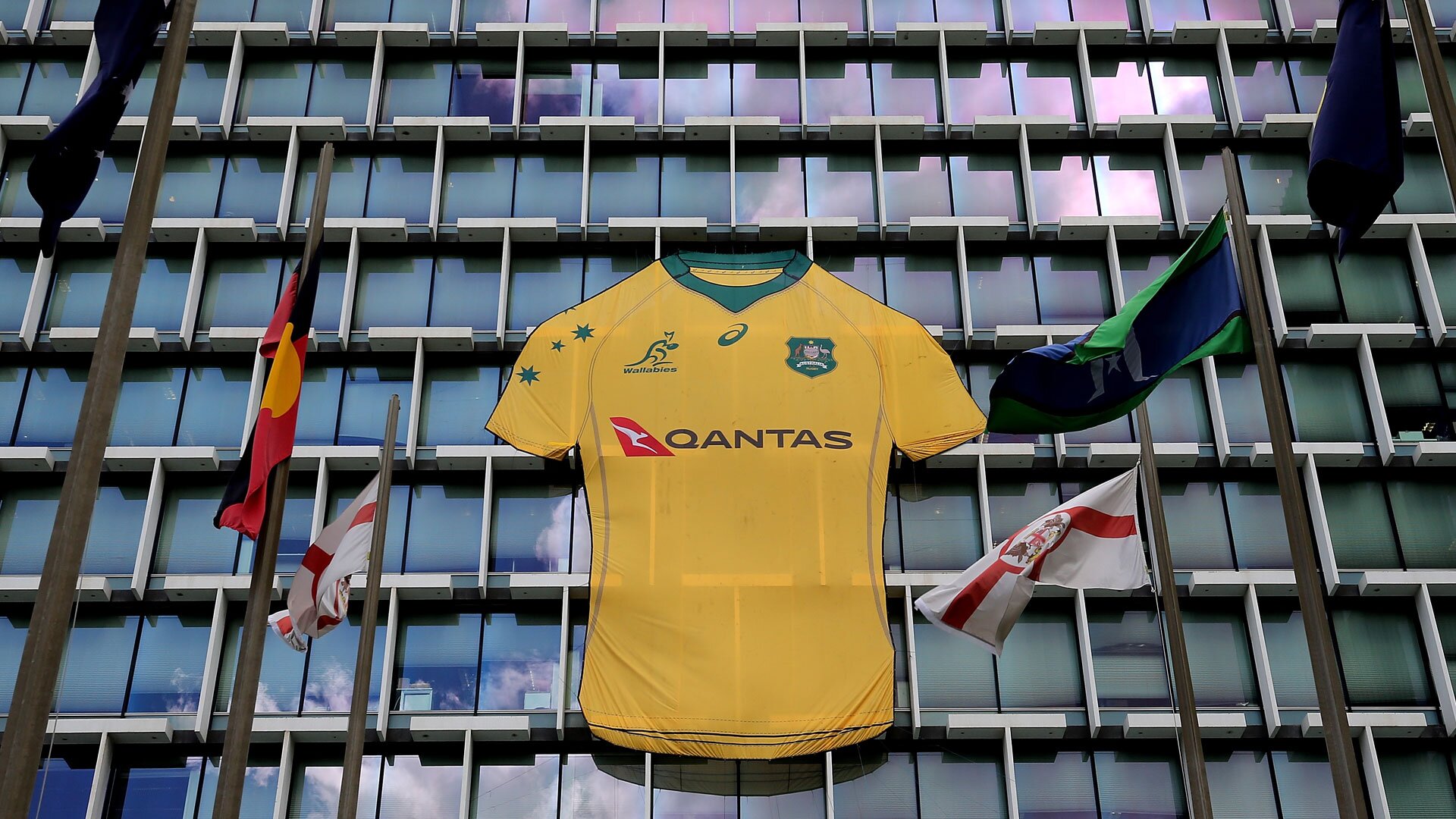Australia rugby mourns loss of apartheid-opposing 'Magnificent Seven'

The Australian Rugby community is mourning the loss of two-Test Wallabies flanker, Barry McDonald who passed away on Wednesday, aged 79.
The New Zealand-born backrower’s two Tests in the Wallabies jersey came in 1969 and 1970, however his career is equally remembered for his decision to boycott the 1971 tour by an all-white South African squad alongside six of his Wallabies teammates in protest against the country’s apartheid regime.
At the time, McDonald and his teammates faced fierce social and political backlash for their stance, until a groundswell of support grew across the country, reaching the highest office in the land. Incoming Prime Minister, Gough Whitlam then suspended all sporting contact with South Africa and followed by enacting trade sanctions against the country.
The “Rugby Seven” as they had become known, would later be hailed as the “Magnificent Seven” after it was recognised that a direct line could be traced from their actions, to the referendum that marked the end of apartheid in 1994.
The actions of the group were honoured by South African President Nelson Mandela, who bestowed on them the Medal of Freedom.
Continue reading below…
McDonald was a small in stature backrower who played with fire and passion, punching well above his relative light weight. Born in Wau, Papua New Guinea, he was educated at The Cranbrook School in Sydney’s east which led him, like many others at the school, to link with the Eastern Suburbs Rugby Club.
It was at Easts that McDonald caught the attention of future Wallabies Coach Dave Brockhoff, who convinced him to switch to Sydney University. Having to enrol in order to play rugby for the University, McDonald chose a music course with little credentials other than a modest ability as a pianist.
https://www.instagram.com/p/B6xNoW7AXQO/
That year, 1969, he made his representative debut for Sydney against Victoria before matches with NSW Country and Queensland. A few days after that Queensland game, McDonald’s name was on the list of players for the Wallabies tour to South Africa.
While the shortest and lightest of the forwards on tour at 1.76 metres and 13 stone, McDonald made up for that with effort and commitment however injuries, firstly a rib and then torn shoulder ligaments restricted him to just eight of the 26 matches.
It is not every day that a player candidly admits he was in the wrong… step forward Clermont's Damian Penaudhttps://t.co/9noGPQYXy9
— RugbyPass (@RugbyPass) January 2, 2020
He would eventually be cleared to return to appear in four of the final five matches, including the fourth Test at Bloemfontein on September 20. While a dead-rubber with South Africa holding a 3-0 series lead, the Wallabies ‘gave their finest performance of the tour’ and the tackling, which had been somewhat fragile, was punishing. McDonald more than held his own against the might of the great Springbok trio of Jan Ellis, Piet Grayling and Tommy Bedford.
McDonald played one more Test, the following year, against Scotland. The catalyst for the 23-3, six tries to none victory was attributed to the ‘mobile Australian forwards who never allowed the Scots to get off the mark.’
McDonald will forever be Wallaby number 533.
– Rugby AU
Rugby Australia’s swoop for another Fijian winger saw one NRL journalist hit out at the union:











































































